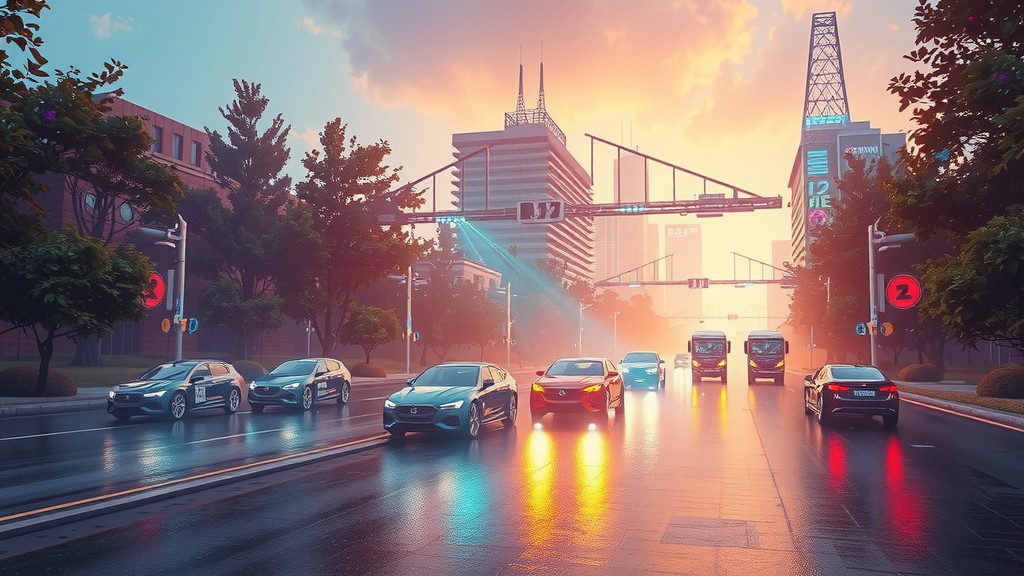2024 was a landmark year for artificial intelligence, reshaping industries, sparking innovation, and raising critical ethical and economic questions. This cover story explores the yearâs biggest AI breakthroughs, challenges, and what lies ahead as we step into 2025.
How AI Impacted Everyday Life in 2024
Artificial intelligence became deeply integrated into daily life, from self-driving cars making significant strides to AI-powered tools transforming industries like healthcare and entertainment. Text-to-video models, such as OpenAI's Sora, and reasoning models that enhance problem-solving capabilities marked major advancements. However, the rapid adoption of AI also raised concerns about its societal impact and the need for regulation.
AI Tools Go Mainstream
Generative AI tools like ChatGPT and Google's Gemini became ubiquitous, embedded in everything from search engines to photo editing software. While these tools boosted productivity, questions about their cost-effectiveness and long-term value persisted. Companies invested heavily in AI infrastructure, even turning to nuclear power to meet the energy demands of AI systems.
The Rise of AI Agents and Robotics
2024 saw the emergence of AI agents programs capable of autonomous decision-making and problem-solving which are expected to revolutionize industries in 2025. Robotics also advanced, with AI enabling machines to perform tasks beyond their original programming. These developments promise greater efficiency but also raise concerns about job displacement.
AI's Ethical and Legal Challenges
As AI gained traction, ethical and legal issues came to the forefront. Oregon's Attorney General issued guidance for businesses using AI, emphasizing compliance with existing laws. Meanwhile, controversies like non-consensual deepfakes and AI-generated misinformation highlighted the need for stronger safeguards and accountability.
AI Flops and Missteps
Not all AI ventures succeeded. AI gadgets like Humane's Ai Pin and Rabbit R1 failed to capture the market, and AI-generated content, dubbed AI slop, flooded the internet, raising concerns about quality and authenticity. These missteps underscored the challenges of balancing innovation with practicality.
The Future of AI: Experts Weigh In
Experts predict that 2025 will bring even greater advancements, particularly in AI agents and robotics. However, the cost of AI integration is expected to rise, and businesses will need to navigate these expenses carefully. The focus will shift from hype to practical applications, with AI becoming a competitive necessity for industries.
Key Takeaways
- AI became deeply embedded in everyday life, driving innovation across industries.
- Ethical and legal challenges emerged, highlighting the need for regulation and accountability.
- AI agents and robotics are poised to transform industries in 2025.
- The cost of AI integration will increase, requiring careful planning and investment.
- Businesses must balance innovation with practicality to harness AI's full potential.
Sources
- How artificial intelligence impacted our lives in 2024 and what’s next
- In 2024, artificial intelligence was about putting AI tools to work
- Oregon attorney general issues advice to businesses on use of AI
- The biggest AI flops of 2024
- Top 5 AI Predictions From Experts In 2025
- The contrarian CIO approach to gen AI hype, explored
- Automating Artificial Life Discovery: The Power of Foundation Models
- ‘Godfather of artificial intelligence’ Geoffrey Hinton backs Elon Musk’s OpenAI legal battle
